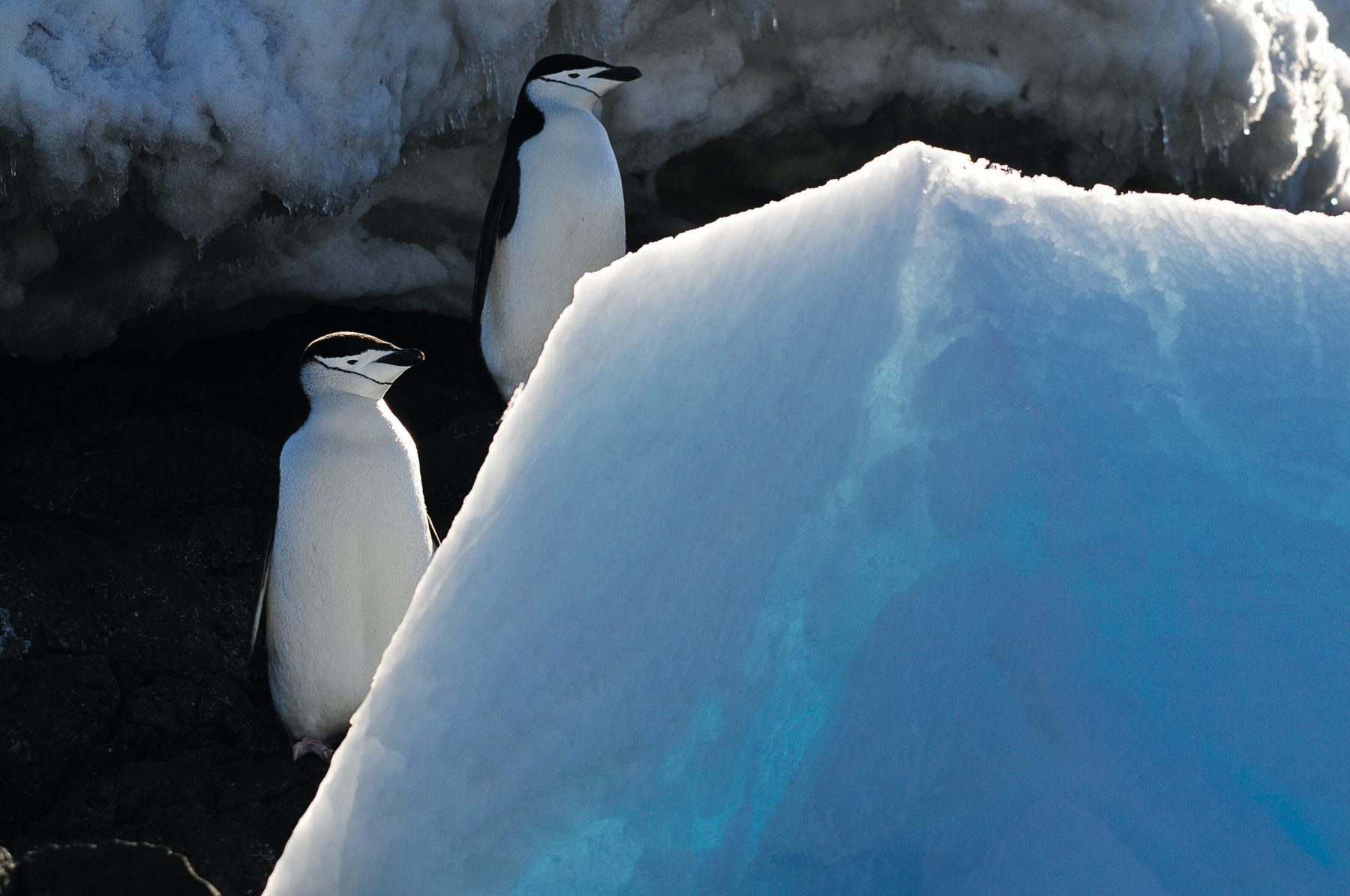Research papers, especially scientific ones, are usually thought to be serious and dull. Makes sense, since the research jargon in any field is quite different from the language of a layperson. But some of these research topics and papers are rather hilarious. From the title to the conclusion, it’s probable that you will have a good time reading these research papers.
1. Penguin Poop Trajectory
Yes. Someone decided to research the angle of penguin poop. And someone funded it.
The study, a research paper published in 2003, details several properties of penguin excrement, such as distance, viscosity, color and so forth. A 60-centimeter tall penguin can propel its fecal matter around 40 centimeters away, which is quite impressive if you think about it. Theories about why penguins developed such an impressive pooping strategy came up. The researchers noted that it can prevent the excreta from coming in contact with baby chicks.
In the cold climates where penguins are usually found, a penguin parent wouldn’t want their children left alone in the elements while the adults leave the nest to perform their natural duties. However, a Reddit thread managed to come up with a better theory — penguins can shoot their stool at predators like bats. Questionable deduction, but fun to think about, nevertheless.
The penguin poop study is a rather famous one in the odd research paper category. It seems appropriate, though, considering the discussions that could arise from it. And now we know to keep away from penguins, not just out of respect for nature, but lest they poop on you if you’re too close.
2. Music and Mosquitoes
Instead of buying bug spray to keep the mosquitoes away, just blast loud electronic music, preferably Skrillex. It’ll do the trick just fine. At least, that’s what this one study says.
The researchers found that playing the music kept female mosquitoes away for a longer period of time compared to those who didn’t hear the music. The complex sound waves also deterred them from sexual intercourse. So, if we want to kill all the mosquitoes, we better blast electronic music for all the world to hear.
The research was based on the possibility of using music as a defense against disease-carrying mosquitoes. Who knows, maybe it’s more effective and safe in the long run compared to chemical bug repellants, both for humans and the environment.
3. Christmas With the In-Laws and Stress
“The Christmas season can have a major impact on human health” starts off this research paper. The first thing one might think when reading this is weight gain. Or maybe even mental health improving due to the festive atmosphere. Or perhaps the stress levels of your gut microbiome when you eat at your in-law’s place. Yes, definitely the last one.
This paper, published in 2019, sees in-laws as a serious threat to human health. These threats are based on findings that show a decrease in a certain bacterium in the gut that is associated with stress. Indeed, this study takes the connection between mental health and physical health to a whole other level.
But as odd as the overall topic seems at first, the very fact that eating at the in-law’s during festivities causes signs of stress to show up in the gut makes human psychology even more interesting. That morbid feeling in your stomach was probably right all along.
4. The Poop Knife
Yes, this list has a little too many references to stool. But this research paper is amazingly hilarious. From the initial justification to the study’s methodology, reading about a knife made of excrement was a surprisingly fulfilling journey.
It seems that there exists a popular account of an old Inuit man constructing a knife made from his frozen feces and then butchering a wild dog to make a getaway sled. He was driven to these extremes when his relatives took his tools away when he refused to move into a settlement.
And so, to verify whether this tale was hearsay or not, a group of researchers made their own poop knife. Complete with one of the researchers eating an Arctic diet for eight days to provide the necessary materials.
The experiment failed however, with the paper using gross yet descriptive language to capture the knife’s attempt to do any cutting.
The researchers ended the paper by urging those in the social sciences to be skeptical of the stories they gather. Potentially harmful claims must not be allowed to spread before they are tested. What better way to showcase this point than to test a tool made of stool!
5. The Origin of Navel Lint
Navel lint is that stuff you somehow find in your belly button. It’s just there, and no one knows where it comes from — until they find this research paper that is. It shows how the navel fluff (as the paper calls it) is formed and where it comes from. Apparently, hairs around the bellybutton act like shepherd dogs to lint from shirts, gathering them up and depositing them into the bellybutton. The paper details which cloth materials create more lint, and how old clothes create less lint compared to new ones. The paper even figured out the average size of these tiny balls of lint.
The topic behind this paper is probably one of those random questions that come up during late night talks. The ones that make everyone wonder, but never figure out the answer. Probably because no one has found the answer, until 2006.
All of these research papers cater to those small and odd questions that come up every now and then. The way they explore their topics are funny in ways only science can make it. It seems research isn’t always the boring thing most make it out to be.

















